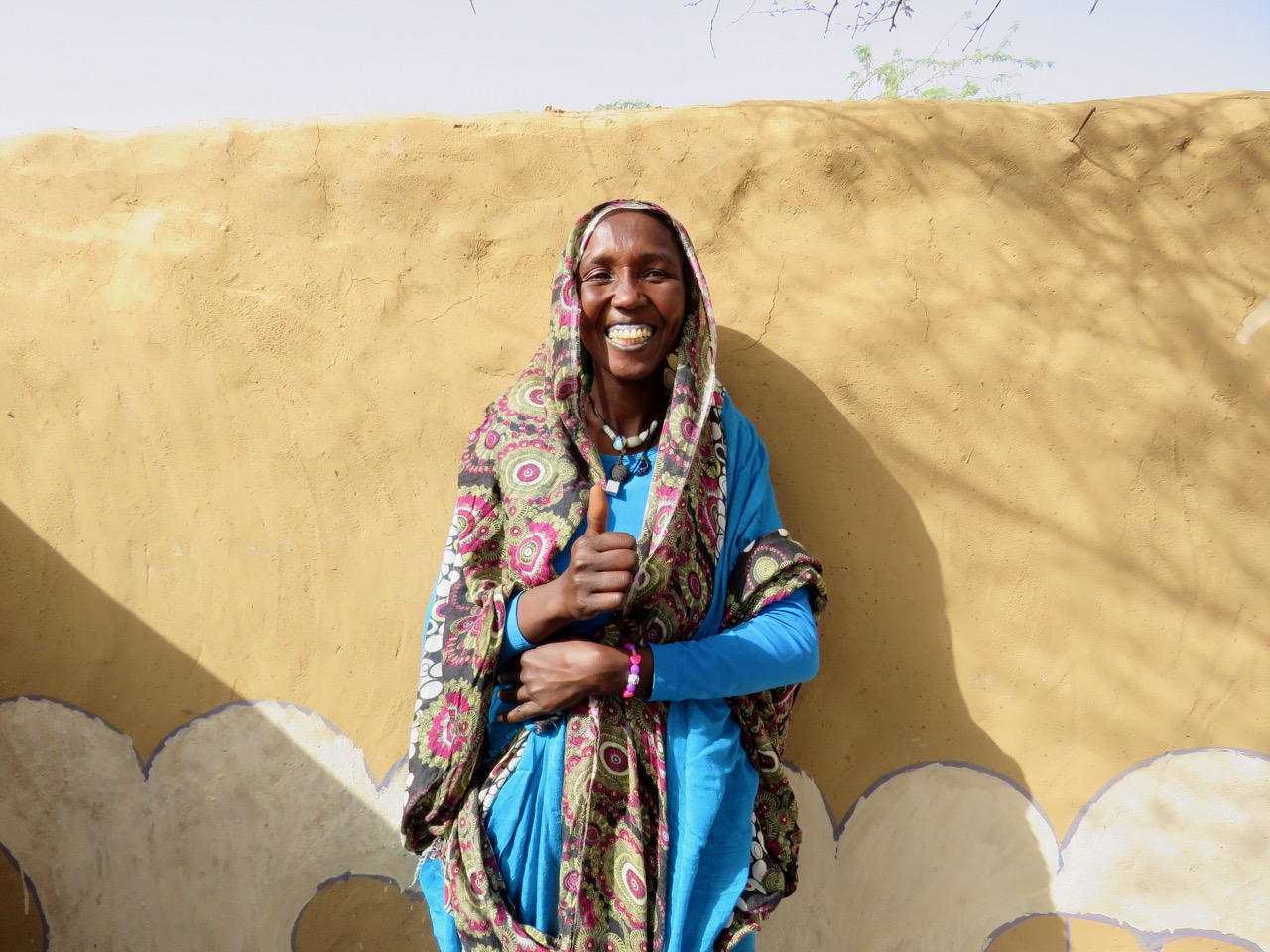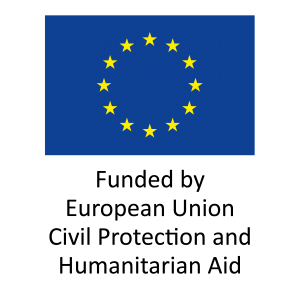Shaping the future: Our strategy for research and innovation in humanitarian response.

Shaping the future: Our strategy for research and innovation in humanitarian response.


“To help my community have a better future,” said Rashida, a 20-year-old Little Ripples teacher in refugee camp Mile, eastern Chad, when I asked her why she wanted to be an early childhood education teacher.
With facilitation from Jesuit Refugee Service and iACT, sixteen women across camps Kounoungou and Mile in eastern Chad are leading a comprehensive early childhood education program and holistically addressing the nutritional, social-emotional, and cognitive development of young children ages 3 to 5 in their community. Children at this age are at their most critical stage of growth and development; and their experiences can have long-lasting effects on their future, as well as impact the future economic and social prosperity, productivity, and sustainability of whole communities.1
So far, Rashida, and her Little Ripples coworkers have completed Little Ripples Teacher Training I from iACT, and only had just a couple short months to test out their new knowledge as leaders and teachers last spring before the rainy season in eastern Chad commenced and school was complete for the year. Now, as the rainy season is coming to an end, my colleague and I will be returning to both camps in late October to conduct Little Ripples Teacher Training II and work with each group of women to reinforce the learnings from Training I.
We will also be diving deeper into why addressing the needs of children at this age is so critical and how they, the Little Ripples camp coordinators, education directors, and teachers, can help young children in their community in becoming healthier and more prepared for the years ahead. During the training, the women will further explore how to create peaceful, inclusive, and nurturing learning environments by integrating specific mindfulness and peacebuilding techniques into daily lessons, play, and transitions, ensuring teachers are not only focused on preparing their students for primary school but also investing in their whole well-being.
Little Ripples is implemented through a refugee-led model. This means that it’s the Little Ripples refugee team of camp coordinators, education directors, teachers, and cooks who implement and manage the program with limited oversight. Recently, the Little Ripples teams in each camp expressed some confusion over their roles and responsibilities, particularly around community outreach, new student registration, and the daily meal program. To address this, during Training II, iACT and JRS will also facilitate management training to support the women in clarifying their roles and responsibilities. In a classroom setting and together in a circle, we’ll take the time to facilitate a discussion that brings the women’s voices, ideas, and decisions forward—instead of telling them what to do and how to do it. This approach is more dignified, empowering, and sustainable; and in other refugee communities in eastern Chad, we’ve seen it lead to increased community ownership and quality programming.


 Please upgrade your browser
Please upgrade your browser
You are seeing this because you are using a browser that is not supported. The Elrha website is built using modern technology and standards. We recommend upgrading your browser with one of the following to properly view our website:
Windows MacPlease note that this is not an exhaustive list of browsers. We also do not intend to recommend a particular manufacturer's browser over another's; only to suggest upgrading to a browser version that is compliant with current standards to give you the best and most secure browsing experience.